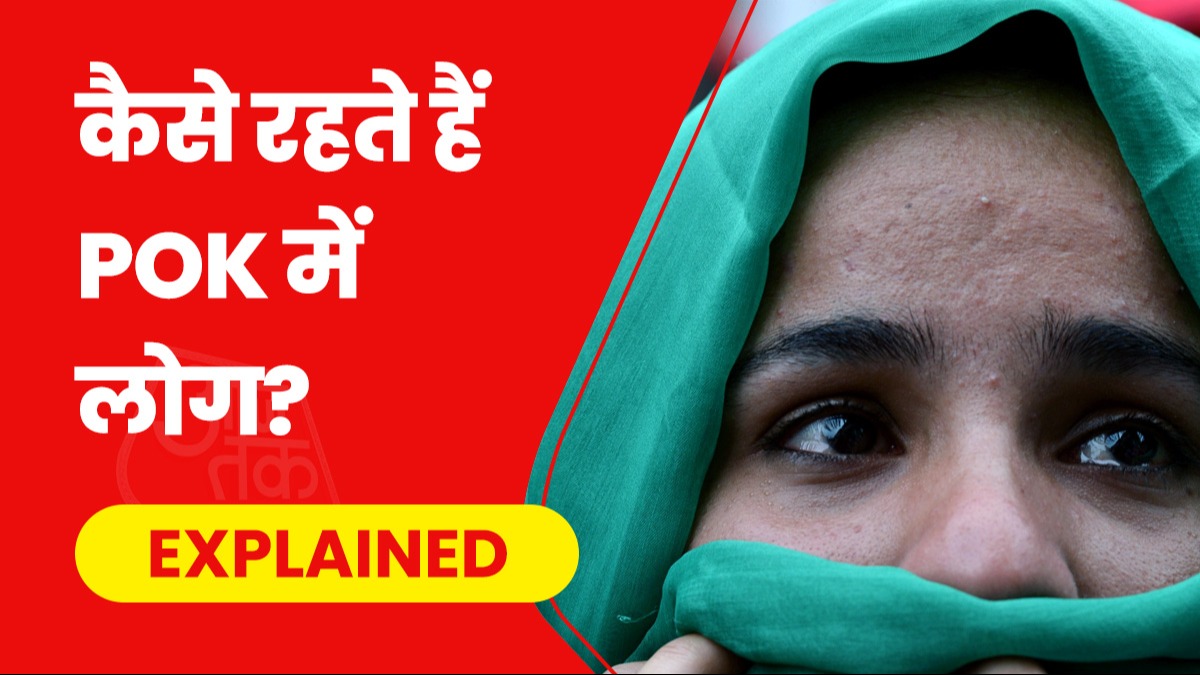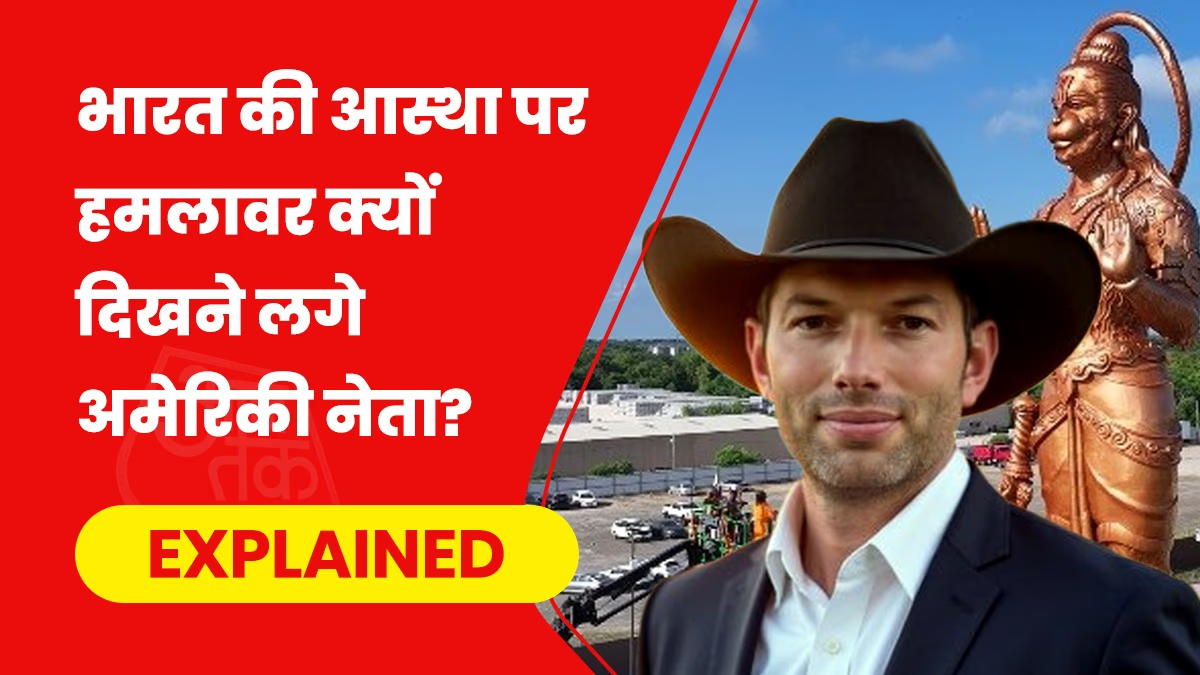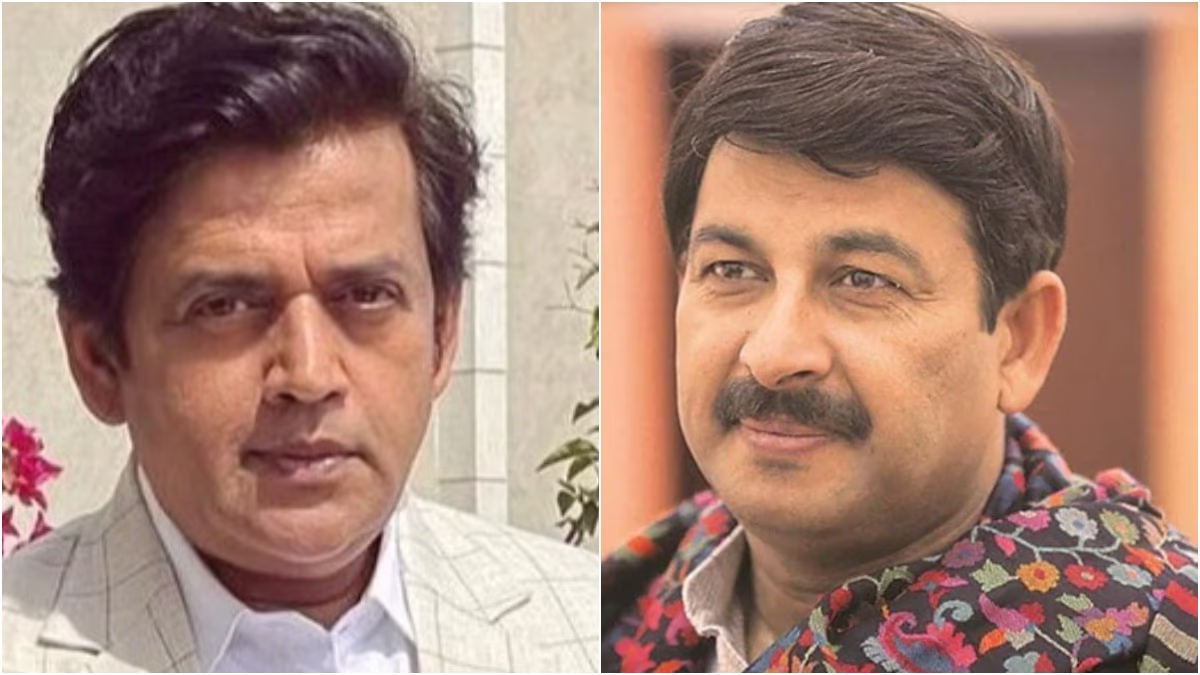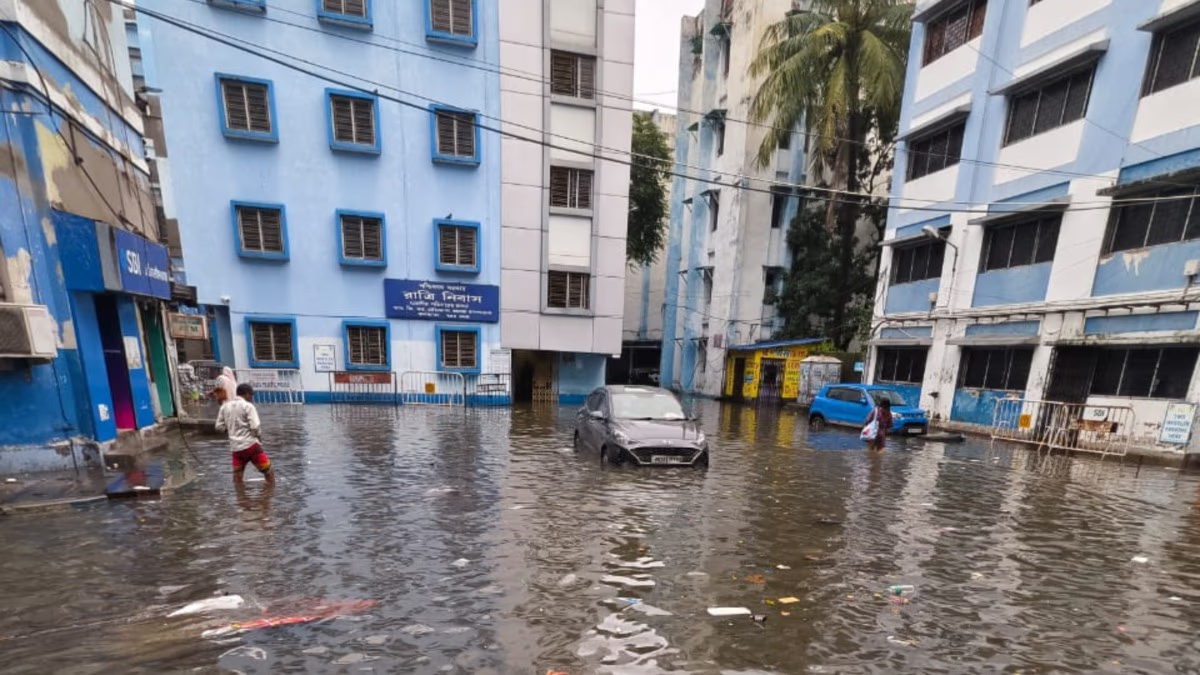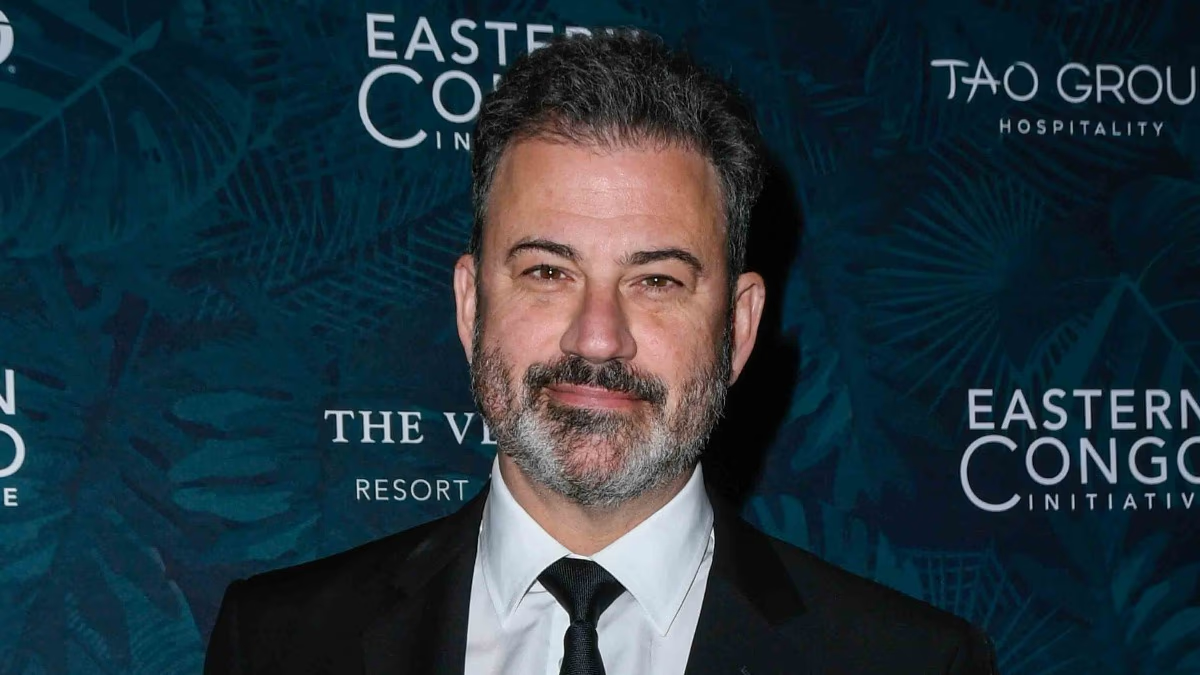Controversy and grievances continue to emerge from Pakistan-administered Kashmir. Reports suggest that Pakistani governance fails to acknowledge the region as its own, maintaining control merely for formality. The issues have reached the United Nations, with activists of the United Kashmir People's National Party raising concerns in March. They went as far as to accuse Pakistan of operating terrorist camps in the region.
Shortly after, the topic resurfaced, this time thanks to the press conference of the local Awami Action Committee, which reiterated all allegations. The administration reportedly mistreats the people of PoK and neglects their needs. To understand why, let's look back in history.
The story starts in 1947, when India gained independence. The ruler of Jammu and Kashmir, Maharaja Hari Singh, had a choice to join either India or Pakistan. Before a decision was made, people in the area now in Pakistan rebelled. The insurgents, supported by Pakistan, were seizing parts of Kashmir through force.
The Indian army helped quell the rebellion, leading to some territorial control. The rebel-held areas declared themselves 'Azad Kashmir' ('Free Kashmir'), though Pakistan has a direct influence over it.
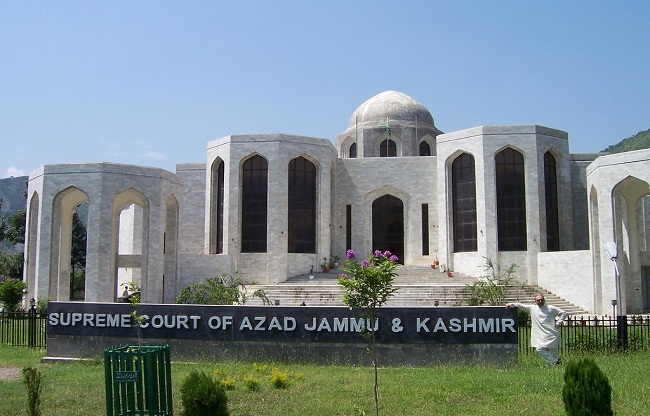
Source: aajtak
Another part called Gilgit-Baltistan lies adjacent to Ladakh's border. For geopolitical reasons, the entire PoK is critical, bordering nations such as Afghanistan, China, and Pakistan, with whom India has strained relations.
The central government consistently challenges Pakistan's illegal occupation of PoK. The matter has been presented to the United Nations, though later it was decided to solve it bilaterally.
Pakistan acquired 'Azad Kashmir' but has largely ignored it due to its disputed status. Pakistan's approach is akin to how people treat encroached land near their homes: they claim it but refrain from developing it, acknowledging the potential legal issues.
'Azad Kashmir', spanning nearly 13,000 square kilometers, is home to over 4 million people. They speak of their own government and cabinet, and the region even has its own Supreme Court. However, Pakistan is the true governing authority.
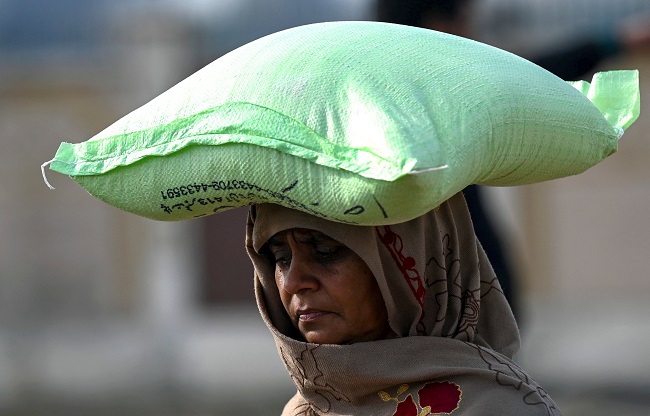
Source: aajtak
The population is primarily Muslim, speaking languages including Urdu, Kashmiri, Pahari, Hindko, and Punjabi. Agriculture is the mainstay, with crops like maize, rice, wheat, and various forest products. There are also mineral resources.
PoK is as naturally beautiful as Indian-administered Kashmir but severely underdeveloped in terms of tourism, especially with foreign visitors. This is due to the uncertain sovereignty status, which hampers progress.
Media blackouts prevent many issues within Pakistan-administered Kashmir from surfacing. One incident, however, was widely reported: during the 2005 earthquake, the Pakistani army was present but didn't assist locals in rescue efforts as documented by international watchdog Human Rights Watch. During this time, disturbing images emerged.
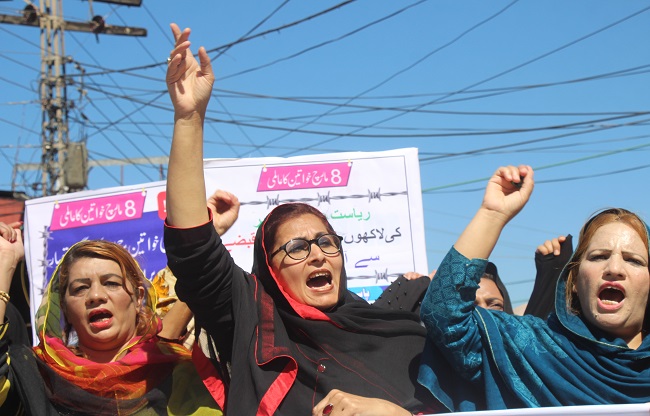
Source: aajtak
Key differences between Indian-administered Kashmir and PoK:
- Jammu Kashmir's per capita income exceeds a lakh, whereas PoK's is considerably less. - Indian Kashmir boasts over 30 universities in contrast to PoK's six. - While Jammu & Kashmir have more than 2800 public hospitals, PoK has only 23.
- PoK citizens cannot vote in Pakistan's general elections, unlike in Jammu & Kashmir.
Why the outrage against Pakistan?
PoK has been used by Pakistan as a training ground for terrorists. Mumbai attack perpetrator Ajmal Kasab was trained in PoK's capital Muzaffarabad. Besides creating terror factories, Pakistan's government has neglected local development, inciting locals against India and recruiting the unemployed for militancy.
The region never received proper recognition or autonomy, leading to severe deprivation. Even with an elected local government, major decisions are determined by Islamabad, ensuring only pro-Pakistan candidates participate in elections. Energy outages and inflation have been rampant issues.
Locals have increasingly felt betrayed. Since March, there have been ongoing demonstrations demanding Pakistan withdraw military and political interference. The Jammu Kashmir National Awami Party directly accuses Pakistan of human rights violations and seeks to separate PoK and Gilgit-Baltistan from its control.
